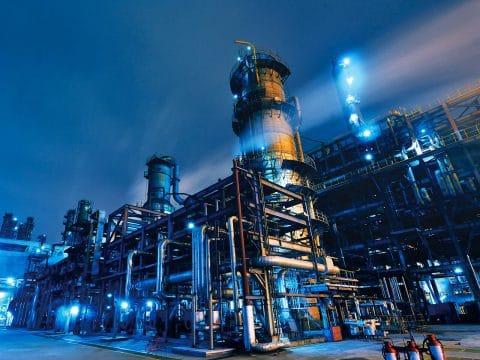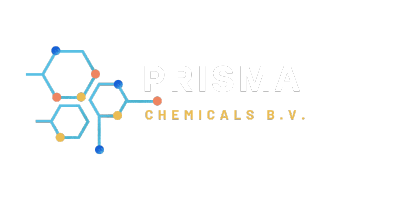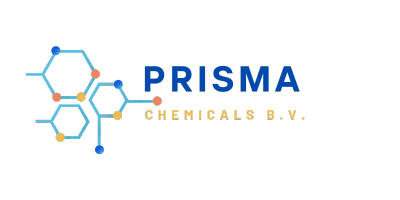Lichtenauerlaan 102/120 3062ME Rotterdam Netherlands

In an era defined by environmental concerns, the chemical industry is at the forefront of addressing sustainability challenges. As we delve deeper into 2023, let’s explore some of the ways the industry is navigating these challenges and paving the way for a greener future.
1. Renewable Feedstocks: Traditional petrochemical feedstocks are being replaced with renewable alternatives such as biomass, agricultural waste, and even carbon dioxide. These bio-based feedstocks reduce the industry’s reliance on fossil fuels and lower its carbon footprint.
2. Energy Efficiency: The chemical manufacturing process is energy-intensive. To minimize its environmental impact, the industry is investing in energy-efficient technologies, such as advanced catalysts and improved process designs. This not only reduces emissions but also lowers operational costs.
3. Carbon Capture and Utilization (CCU): CCU technologies are gaining traction in the chemical industry. They capture carbon dioxide emissions from industrial processes and convert them into valuable products such as chemicals, fuels, and building materials, thereby turning a waste product into a resource.
4. Sustainable Packaging: The chemical industry is also taking steps to address plastic waste and pollution. Companies are exploring biodegradable and recyclable packaging materials, as well as innovative packaging designs that minimize waste.
5. Water Management: Efficient water use and wastewater treatment are essential for a sustainable chemical industry. Companies are implementing technologies to reduce water consumption during production and adopting advanced treatment methods to ensure responsible disposal of effluents.
6. Extended Producer Responsibility (EPR): Many countries are enforcing EPR regulations, which hold manufacturers responsible for the entire lifecycle of their products, including their disposal. This has prompted the chemical industry to design products with end-of-life considerations in mind.
7. Collaborative Initiatives: Collaboration across industries, academia, and governments is essential for tackling sustainability challenges effectively. Partnerships facilitate knowledge sharing, research, and the development of innovative solutions.
8. Transparency and Reporting: Consumers are demanding greater transparency regarding the environmental impact of products. As a response, companies are providing detailed sustainability reports, showcasing their efforts to reduce emissions, conserve resources, and promote responsible practices.
9. Sustainable Innovations: Research and development efforts are focusing on creating sustainable innovations that align with environmental goals. From biodegradable polymers to eco-friendly solvents, these innovations are shaping the future of the industry.
In conclusion, the chemical industry is taking significant strides to address sustainability challenges in 2023. By adopting renewable feedstocks, improving energy efficiency, and embracing circular economy principles, the industry is positioning itself as a catalyst for positive environmental change. As consumers and regulators continue to prioritize sustainability, the chemical industry’s commitment to responsible practices will play a pivotal role in shaping a more sustainable future.
Stay connected for more insights into the evolving landscape of the chemical industry in our upcoming blogs!


Leave A Comment